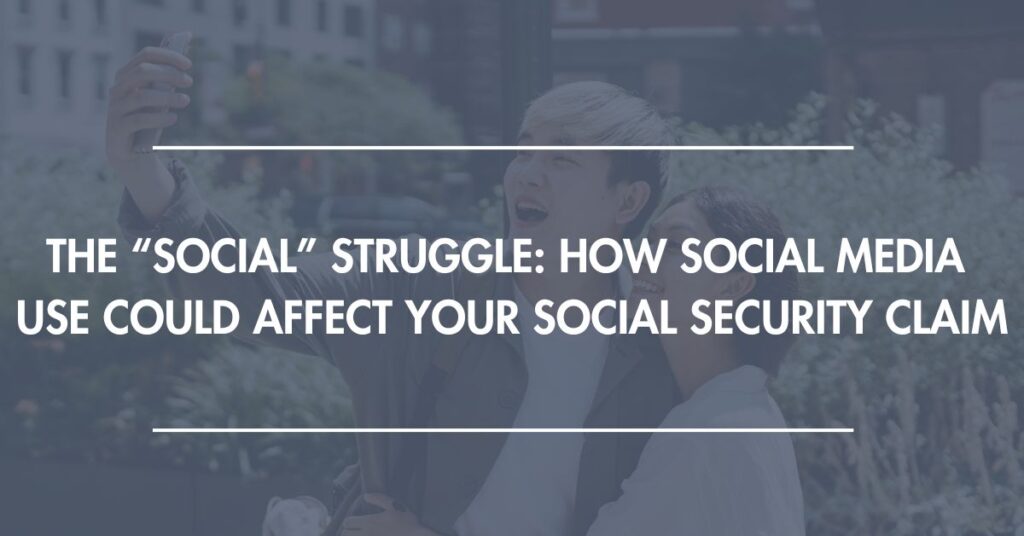
Comedian James Veitch once said, “The Internet gave us access to everything; but it also gave everything access to us.” Truer words have never been spoken. We live in a world in which we have access to endless information, perhaps right on a device kept on us at all times, and with just the click of a button. However, few of us stop to think about the fact that the internet, specifically social media, also gives access to our private lives and personal information.
Social Media & Privacy Concerns
Facebook, Instagram, Twitter, and TikTok (to name a few) are the primary ways in which most individuals nowadays speak their mind, highlight their lives, and share with friends and family what is going on in their world. Unfortunately, we don’t often stop to think before clicking “post” or “share” on social media about who else has access to this personal and private information. And in today’s world, we know the internet is forever. Simply deleting a post, photo or video from social media does not always erase its existence entirely.
What does this mean for your disability claim? Technically, it is not supposed to mean anything. There are regulations in place that strictly prohibit adjudicators from using social media to evaluate your case unless specific circumstances and an independent evaluation are completed. That does not mean that adjudicators can’t look at your social media and make inferences from it based on their own opinions. There is nothing that we can do to prevent that.
Steps to Protect Your Social Media Accounts
However, there are steps you can take to protect your privacy and your information shared online. Always make sure your personal accounts are set to private, both your profile information and your activity, where applicable. This prohibits anyone who is not within your network of connections to access the information you share, and is a general best practice for protecting your privacy online. Second, take a look at the permissions you have given your connections to tag or share information about you (where applicable). You may want to limit how your network shares photos, posts and videos that include you. Again, this is a general best practice for protecting your privacy (and the privacy of any of your children or minors in your care as well).
This article is a cautionary tale. While The Social Security Administration technically cannot use your social media against you, it does not prevent the observation of activities on your social media pages and making inferences from the same. This does not mean you need to retreat into a dark hole once you decide to apply for Social Security disability benefits and eliminate all social media presence whatsoever, but it means to simply be careful of what you post while you are pursuing an active disability claim.
How Bross & Frankel, P.A. Can Help You
Not sure if you have a viable Social Security disability claim and need help to see what your next steps would be? At Bross & Frankel, P.A., we are focused on helping individuals obtain disability benefits and fight to get back to work when something or someone has affected their livelihood. Our experience in advocating for individuals who have found themselves unable to work due to their own health problems gives us a comprehensive set of tools to help get you back on your feet. Contact us online or call us today at (856) 795-8880 for a free claim review.

Jennifer Stonage is a Senior Associate Attorney at Bross & Frankel, P.A. and primarily assists with the firm’s Veteran’s Benefits matters. She believes that the veterans who served our country are entitled to the help and compensation they are entitled to, and will put her knowledge to work to secure the highest possible compensation ratings. The VA process can be incredibly tricky to navigate. Let somebody who knows the system work to help you.
